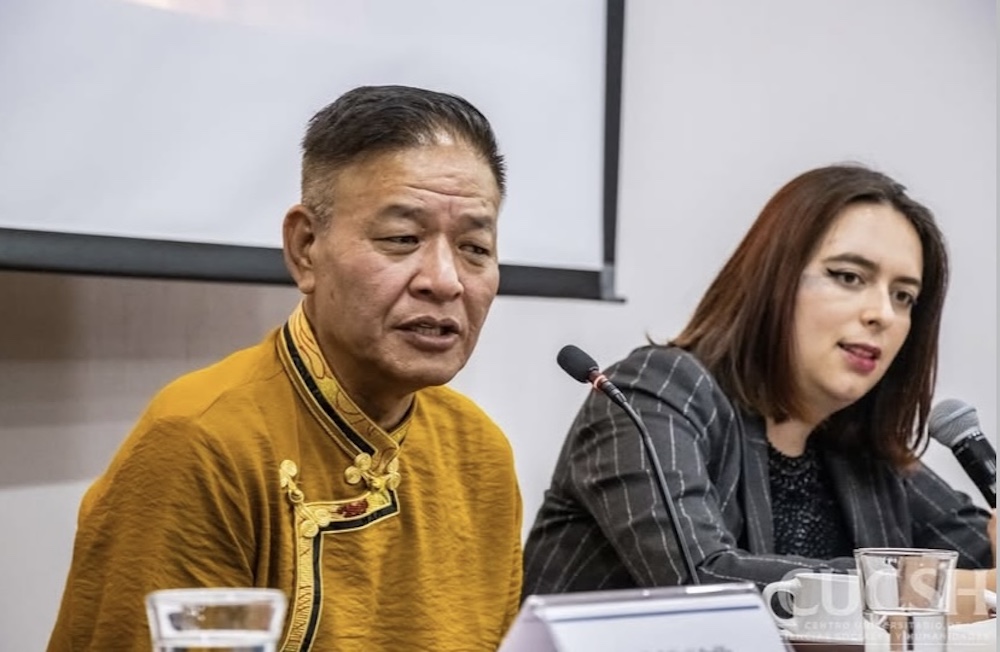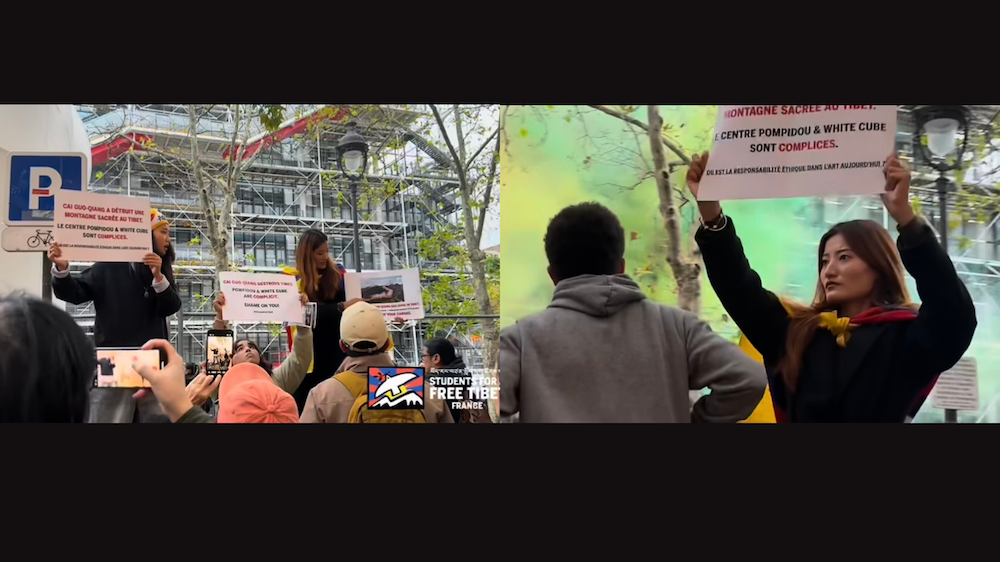By Benjamin Kang Lim
Beijing, July 19 : Former Chinese President Jiang Zemin has quietly emerged from retirement, an apparent attempt to influence leadership changes due next year and safeguard his own legacy, political sources and analysts said.
While many of his peers have faded from view, Jiang has kept an invisible hand on power since he was replaced by Hu Jintao as General Secretary of the ruling Communist Party in 2002, relying on loyalists in the Politburo Standing Committee.
Sources said he is anxious not to lose that leverage at the party’s 17th congress next year, when the Standing Committee will be reshuffled and Hu will almost certainly be reappointed as party chief, further consolidating his power.
Hu is also expected to name an heir at the congress.
“Jiang wants to influence the 17th congress but whether he can do so is another matter,” a retired party official who asked not to be identified, told Reuters.
Jiang presided over a period of extraordinary reform-driven economic growth without many of the signs of social and environmental strains that have since come to light. Sources say he may be worried that the current leadership will rewrite his legacy, placing the blame for the country’s woes on him.
Hu has stood on the side of reform in a recent debate about the scope and pace of further moves to unshackle the economy, but he has apparently sought to keep reform in check with calls to build a “harmonious society”.
The political jockeying, should it intensify, could gum up government decision-making as the world’s fourth-largest economy attempts a delicate touchdown from dizzying economic growth.
SHOWDOWN UNLIKELY
Jiang, who held the top job in the party for 13 years, handed Hu the presidency in 2003 and the reins of the military in 2004, completing a historic peaceful leadership transition.
He now lacks the political clout to dictate China’s fifth-generation leader — after Mao Zedong, Deng Xiaoping, Jiang and Hu — at the congress, but he wants to be consulted, the retired party official and other analysts said.
Analysts say Jiang’s best bet is to retain as many political allies in the new Standing Committee as possible in the hope that his policies embracing capitalism will outlive him.
The party will hold a plenum in October that will set in place preparations for the congress, according to Hong Kong’s Beijing-funded Ta Kung Pao newspaper.
Last year, Jiang took little interest in politics while his eldest son, Jiang Mianheng, was fighting lung cancer, said a source with ties to the leadership requesting anonymity. But he has crept back since his son successfully underwent treatment.
In a move to demonstrate his own physical fitness, Jiang, 79, in May scaled the sacred Mount Taishan and toured the booming coastal province of Shandong, where he met senior provincial officials, said sources with knowledge of the visit.
State media have made no mention of his climb or the Shandong tour, but the political symbolism was not lost on party insiders.
In April, Jiang graced celebrations marking the 110th founding anniversary of his alma mater, Shanghai Jiaotong University, according to the school Web site. He flaunted his French, it said, a shade of his flamboyant past.
“He’s glowing with health and radiating vigor,” it said.
Jiang also unexpectedly extended his congratulations to the launch of the country’s second manned spacecraft last October.
“He wants to be the father of China’s space industry,” Chinese political commentator Liang Kezhi said.
The party’s Central Compilation and Translation Bureau has published Jiang’s collected works in Russian. The Chinese version will hit bookshelves before the 17th Congress, cementing his position among the country’s pantheon of socialist greats, a publishing industry source said.
There have been signs of friction. Sources with ties to the leadership said Jiang was upset that Hu did not pay him a courtesy call during his first high-profile tour of Shanghai — Jiang’s political stronghold and retirement location — in June.
But analysts said fear of a destabilizing split will deter Hu and Jiang from a showdown. “There’s unlikely to be a show of cards between the two,” political scientist Liu Junning said.









